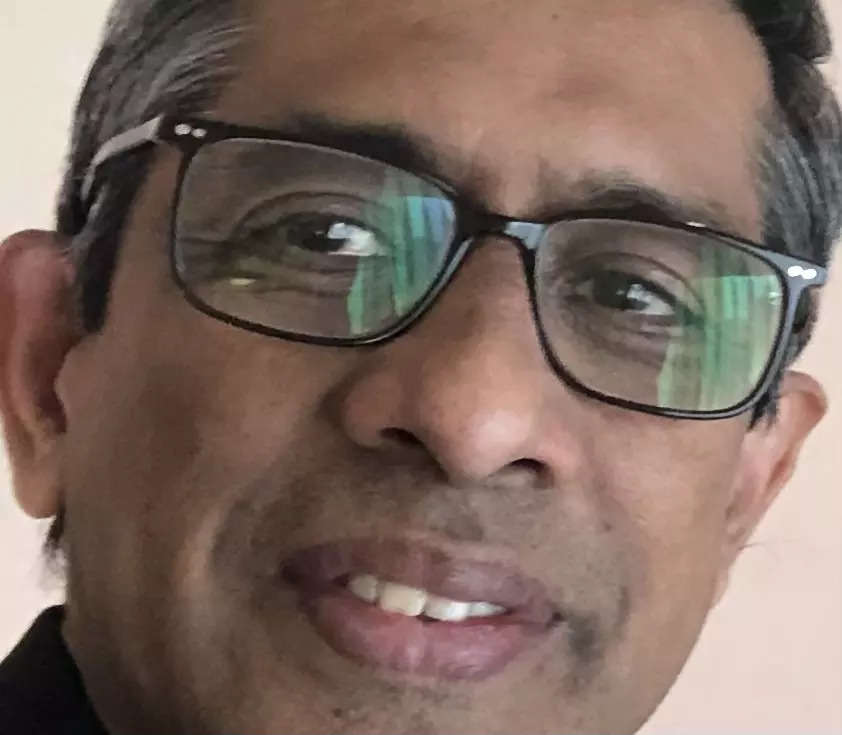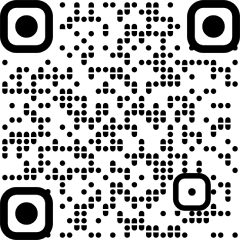
Shahid Akhter, editor, ETHealthworld, spoke to Dr. Shashank Joshi, Consultant Endocrinologist, Lilavati Hospital and President, Indian Academy of Diabetes, to know more about the role of AI and technology in taking healthcare delivery to the next level.
AI as a game changer in chronic care disease models
Artificial intelligence has entered our lives now. Whether it is through a mobile phone, a computer screen, or a television screen, we are all now being captured by AI. It has clearly made its entry into the healthcare delivery model space, particularly in chronic disease modelling. Because we can recognize diseases earlier, we know who to screen, how to screen, and what to screen. For example, if it is hypertension or blood pressure, we know that we need to measure blood pressure. How frequently should we measure blood pressure? Blood pressure measured at home is as important as being measured in the doctor’s chamber or measuring it at 24 x 7. So, artificial intelligence is allowing us to measure, screen, identify, and diagnose diseases. Once we diagnose someone with a healthcare problem like hypertension or diabetes, we know how to take it to the next level and how to take care of that individual living with diabetes or hypertension. And in that space, artificial intelligence has a huge way to capture small things. Because today we are in the era of precision medicine, or personalized medicine. And when we are moving the handle in personalized or precision medicine, no two human beings are different. No two human beings will have the same response. Somebody will respond to a medicine; someone will respond to a lifestyle change; someone may not respond to a diet, exercise, or sleep pattern. So, it is important that artificial intelligence today in the healthcare space has become a pattern recognizer for individualizing care. We are able to deliver the desired outcomes for a disease process in a very systematic way, in a very precise way, and in a very personalized way. So, from an input standpoint, I think artificial intelligence is here to stay. And not only does it give us the right information, but it also allows us to make corrections under medical supervision on how to improve the outcome, health outcome, and happiness outcome.Can drugs / technology cure diseases like diabetes / hypertension
Drugs, technology, or both—can they really cure diseases like diabetes or hypertension? Now, remember that chronic diseases like hypertension and diabetes are often called incurable. But we have borrowed a term from cancer medicine called remission. So, remission is possible with the appropriate nudging from artificial intelligence and technology and ensuring that under medical supervision, down-regulating drugs, which particularly do not cause weight gain or low sugar attacks and have some compelling cardio-respiratory evidence and cause some weight loss , are able to get diabetes remission or blood pressure remission. So, with the enabler of artificial intelligence, we can recognize patterns with the help of a coach, a lifestyle expert, or a doctor’s supervision and make small, little changes in that person’s life with diabetes or hypertension so that we can keep the values under control. So, I think control is possible, remission is possible, and az¸
I think as doctors of science and medicine, we believe that we are living in an era where we have the best of technology and the best of medications, which have generated some high-science outcomes that can ensure that the disease can stay in remission or under control. And if we are not able to do that appropriately, then there is a possibility of a relapse. And therefore, as I said, we are in the best of times, but we are in the worst of times. We are in the best of times because we have technology and medications available. And we are in the worst of times because adherence to them is a challenge. And therefore, the second biggest problem we have is affordability: access to some of these technologies or medications for the most common people at large.
Can technology make delivery of healthcare safer?
So, technology can really ensure and assure safe healthcare delivery because technology is like a supervisor. Today, in simple chronic disease models, like diabetes or hypertension, we have technology where we have sensors that send glucose 24 x 7. So, we know that if you are sleeping at night and if you have eaten less, if your sugar is going to go low, there is going to be an alarm. So, there is a safety valve there. It allows the person living with diabetes to sleep better even if they have consumed insulin, and it also gives you a nudge that you ate less today, consumed less insulin, or consumed less medications. So, from a safety filter, modern technology has become a big change-making, decision-making, and behavioral support system to tell us and recognize the red flags. Because it is important that when we are delivering healthcare, we recognize side effects, adverse events, or alarms, which are like low sugar attacks or high sugar attacks, and then connect them with a healthcare provider or a doctor for health.
I think technology is an enabler and a safety valve to ensure and assure the person living with a disease condition that they can be connected to their healthcare ecosystem so that they feel safe and secure. So, I think this is a big change that has occurred. Imagine if you were living in an era where you didn’t have a mobile phone, you didn’t have a landline phone, and you were not connected with your doctor or a healthcare provider. How insecure would you feel? This is what technology has brought to us.


